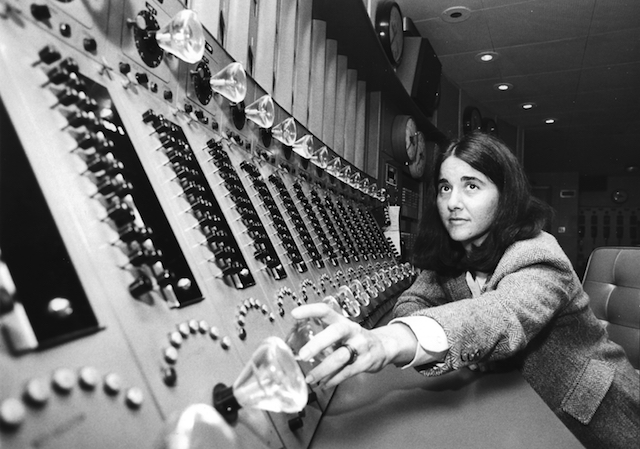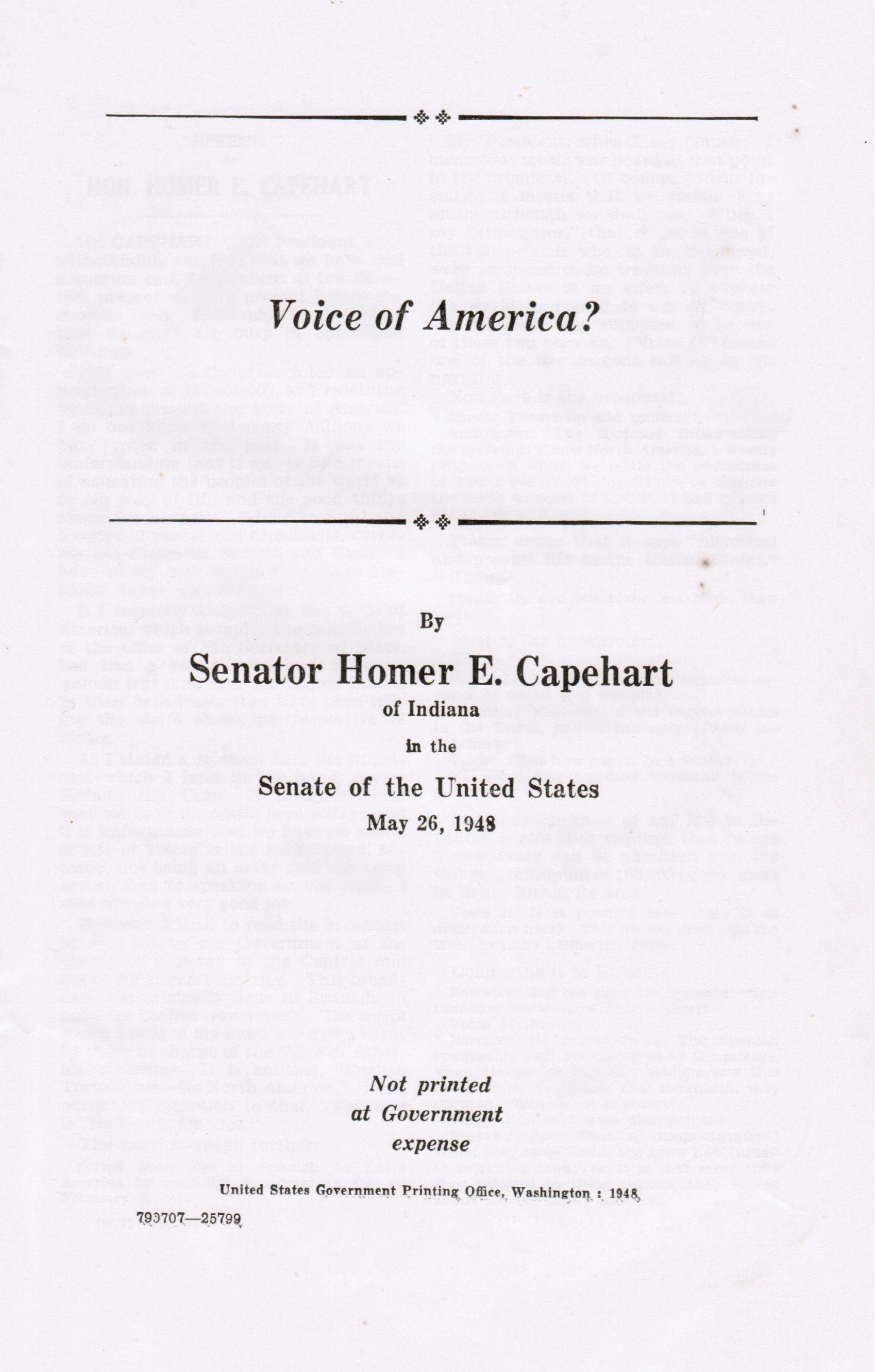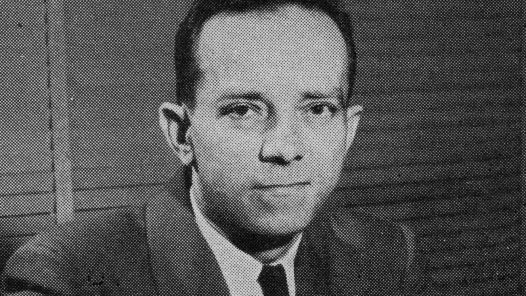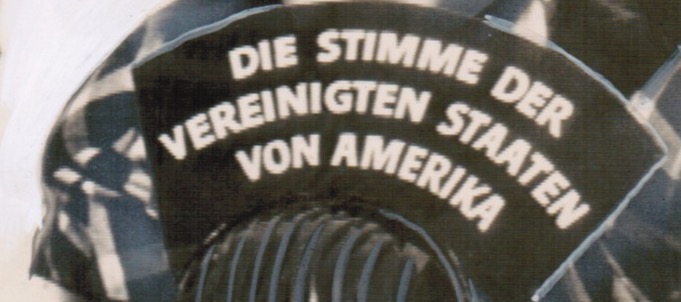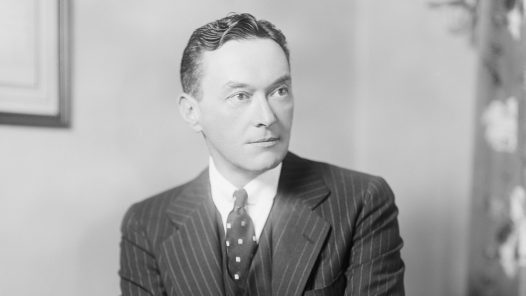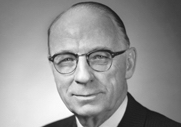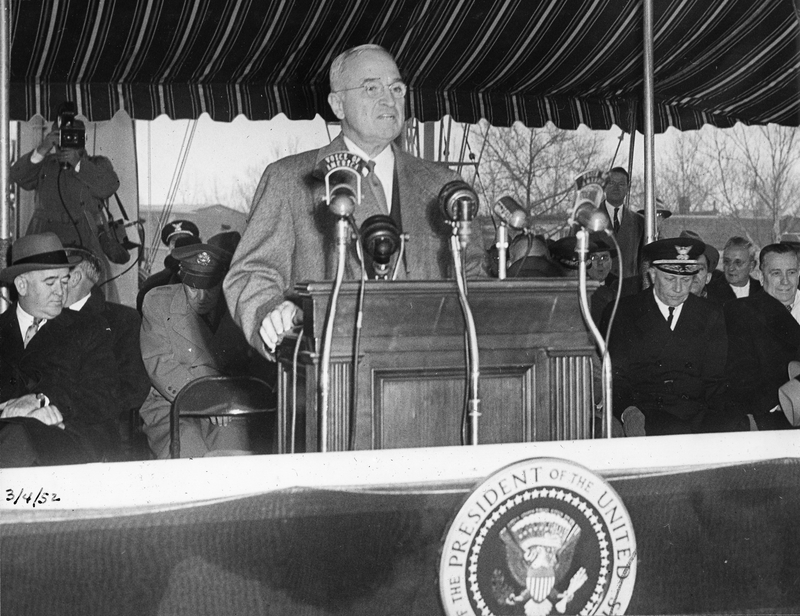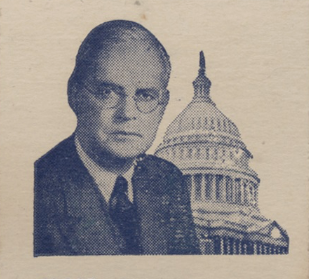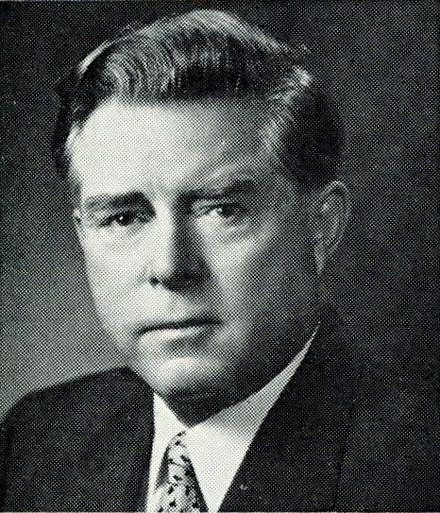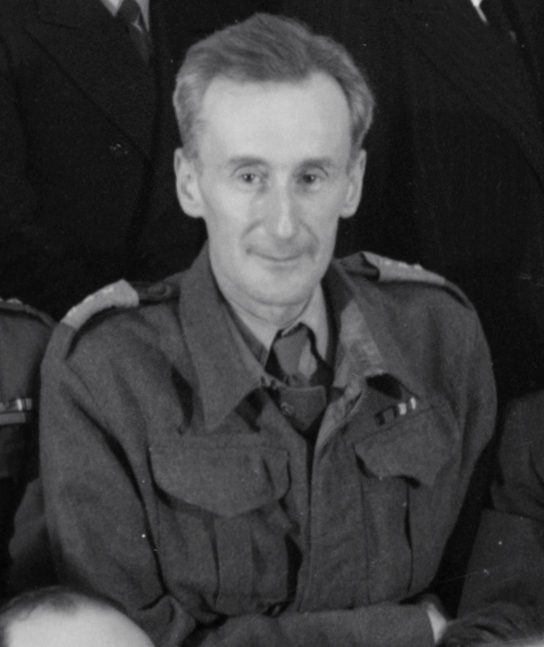Cold War Radio Museum On August 20, 1980, the Soviet Union resumed jamming radio broadcasts by the Voice of America (VOA), the BBC, and the Deutsche Welle (DW). Soviet jamming was a sign of the effectiveness of Western radio broadcasts. Radio...
Cold War Radio Museum By 1948, the Voice of America’s failure to adjust to the reality of aggressive Soviet behavior was becoming well known and seen as a problem in Washington. Even VOA programs not dealing directly with international...
Cold War Radio Museum State Department diplomat and Soviet affairs specialist who was Voice of America director at the time (from October 1949 to September 1952), Foy D. Kohler, denied all the charges of Soviet propaganda influence within the...
Cold War Radio Museum The first “Voice of America” radio broadcast in German aired in February 1942. There has been some uncertainty as to the exact date of the first German-language VOA broadcast. Moreover, for the first several years, the name...
Cold War Radio Museum During the Cold War, some liberal American journalists like Walter Lippmann, founding editor of New Republic and Pulitzer Prize winner, questioned the usefulness of the Voice of America, especially the U.S...
Cold War Radio Museum At a hearing of the U.S. Senate Committee on Foreign Relations’ Subcommittee on Overseas Information Programs on April 20, 1953, Senator Bourke B. Hickenlooper (Republican-Iowa) noted the lack of audience for the Voice of...
Cold War Radio Museum President Truman repeated many of his “Campaign of Truth” themes in an internationally broadcast address from the U.S. Coast Guard cutter Courier on March 4, 1952, when the ship docked in Washington D.C...
Cold War Radio Museum Speaking in the U.S. House of Representatives on July 24, 1951, Congressman Richard B. Wigglesworth (Republican-Massachusetts) delivered a devastating critique of Voice of America (VOA) broadcasts to Poland. His criticism...
Cold War Radio Museum In its final report issued on December 22, 1952, the bipartisan Madden Committee of the U.S. House of Representatives condemned pro-Soviet Russia reporting and censorship by the Office of War Information (OWI) and the Voice...
Cold War Radio Museum On December 11, 1950, a member of the U.S. Congress revealed the Voice of America censorship of Józef Czapski, a Polish military officer, writer, artist, and a witness of Soviet war crimes. The U.S. government broadcaster...


